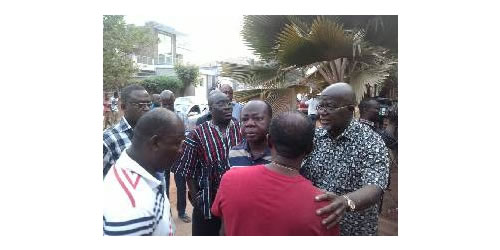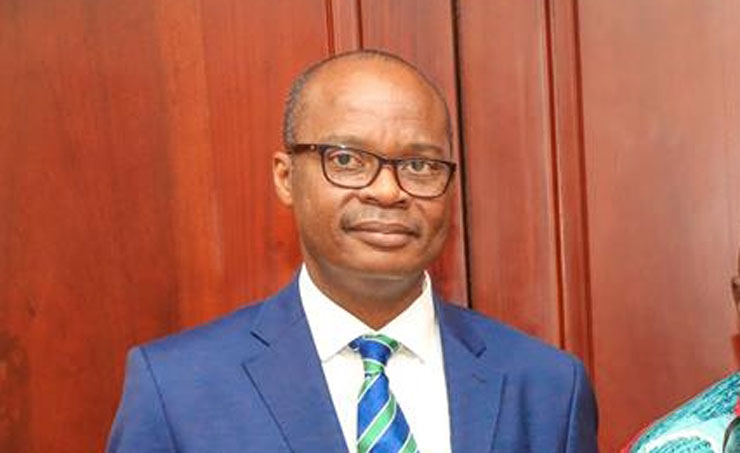Make Special Education Universal, Compulsory – Educationist to Government

An educationist and teacher in the Lower Manya Krobo Municipal in the Eastern Region, Mr. Yusuf Moro is calling on government to make the study of Special Education a requisite programme for all who pass through the country’s educational system.
According to Mr. Yusuf, a tutor at the Kpong Islamic JHS, the policy if well implemented, will bridge the communication gap between teachers and persons living with disability especially hearing and visually impaired persons.
Mr. Moro who was speaking to host of the Rite Morning Ride, Captain Adabugar on Friday bemoaned what he referred to as ‘unfair treatment’ which is sometimes meted out to pupils due to the ignorance on the part of teachers who ‘have no knowledge’ of the special and genuine concerns of pupils.
He said posting of teachers to the basic schools which is not based on specialization, but “wholesale” to him creates instructional difficulties to both the teacher and pupil.
“Look, some teachers are posted to our schools and before he/she gets there, the subject they are supposed to teach is being taught by another teacher. The new teacher is therefore forced to teach a different subject, after reading on the subject, to come and teach the pupils,” Mr. Yusuf asserted.
Article 24 of the United Nations Convention on the Right of Persons with Disability emphasizes the need for education for all persons with disabilities,
Inclusive Education in a broader sense is looked at as ensuring access and learning for children, especially those disadvantaged from linguistic, ethnic, gender, geographic or religious minority, from an economically impoverished background, as well as children with special needs, including those who are challenged in any form.
The former Minister of Education, Naana Jane Opoku – Agyeman in 2015 said, “Inclusive Education policy defines the strategic path of the government for the education of all children with special educational needs. This builds upon sections in the 1992 Constitution, the National Development Agenda, the Education Strategic Plan and International Commitment to achieve national, as well as International goals for creating an environment for addressing the diverse educational needs of Ghanaians.”
The minister also noted that government has completed the development of an Inclusive Education policy with Inclusive Education Monitoring Tool, Implementation Plan and Standard guidelines.
These outlines, Mr. Yusuf Moro said, is lacking an important element. According to him, sign language, brail and knowledge of disabilities should be made a universal subject from the basic schools, where every educated person should at least understand and communicate with persons with hearing and visual impairment effectively.
“How can a medical doctor in the consulting room who has no knowledge in sign language understand a hearing impaired (deaf and dumb) patient and prescribe drugs for him?” Mr. Yusuf asked.
He also appealed to the government and stakeholders to consider infrastructure and teaching and learning materials to make disability education conducive and environmental friendly.
“Aside the training of teachers, government should also consider raising infrastructure, teaching and learning materials and other logistics to create conducive environments especially for the disabled.”
Rite FM over the past eight weeks has dedicated one hour of its airtime on Fridays (9:00am to 10:00am) for advocating for the educational rights, opportunities and giving hope to the disabled.
This is in line with the STAR-Ghana call which has clustered Rite FM, Ghana National Education Coalition (GNEC), International Child Development Programme (ICDP) and TV3 Network to advocate on Gender Equality and Social Inclusion otherwise called GESI for children with disability in basic schools.
Source: Prince Paul Amuzu/www.ritefmonline.org/princeamuzu667@gmail.com





